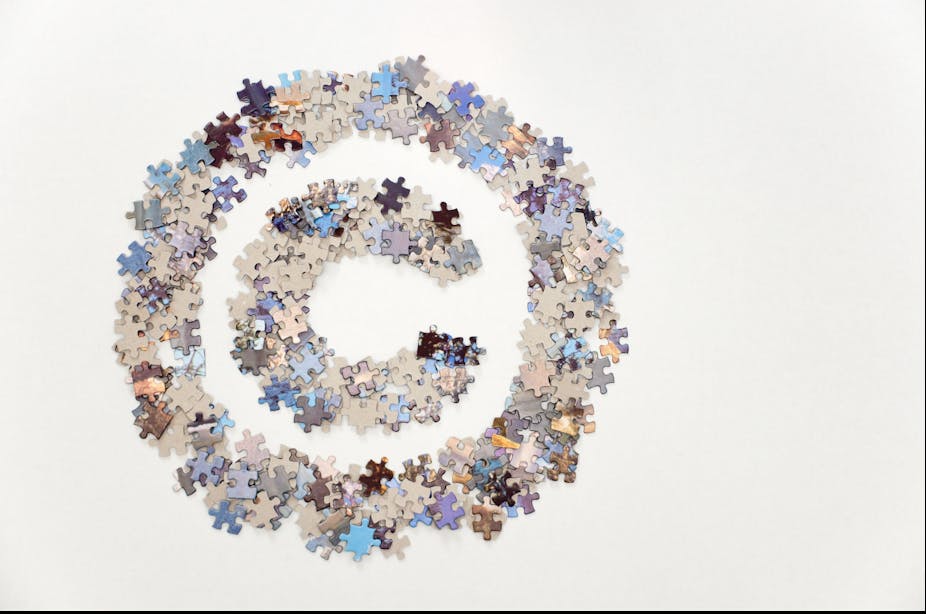Last week, the English High Court ordered British Telecom (BT) to block access to a members-only website that offers links to pirated films.
NewzBin2, the site in question, offers links to pirated films on what’s been described as a “grand scale”.
The ruling – which gives BT just 14 days to act – follows legal action by the Motion Picture Association (MPA) earlier this year.
It’s the first copyright infringement case of its kind, legally requiring an internet service provider (ISPs) to deal with the thorny issue of illegal downloads.
The High Court outcome is already being hailed as a major win for movie studio bosses in their ongoing copyright protection battles.
Chris Marchich, managing director of the Motion Picture Association in Europe stated: “Securing the intervention of the ISPs was the only way to put the commercial pirates out of reach for the majority of consumers.
"This move means we can invest more in our own digital offerings delivering higher quality and more variety of products to the consumer.”
BT, which has for some years employed an internet filtering system called [Cleanfeed](http://en.wikipedia.org/wiki/Cleanfeed_(content_blocking_system) to block access to child pornography, welcomed the High Court outcome.
That same system – created in 2003 and live since June 2004 – will now be used to filter NewzBin2.

A spokesperson for BT said it was “helpful to have the order now and the clarity that it brings”.
The ruling may also gives the company an avenue for dealing with an anticipated backlash from rights groups and groups sponsoring freedom online: BT, the company can rightly claim, has been forced to implement filtering, and has no choice in the matter.
The MPA has already stated it will likely request other ISPs to block NewzBin2. With or without that, the judgement is likely to have an impact elsewhere in the world, including Australia.
In 2008, the Australian Federation Against Copyright Theft (AFACT) took action against iiNet – a prominent ISP – claiming that iiNet had allowed its users to illegally download copyrighted movies.
The Australian Federal Court ruled in February this year that iiNet did not authorise the acts of infringement that occurred on its internet service.
The Australian High Court granted AFACT special leave to appeal the Full Court of the Federal Court in August and it’s likely the matter will return to the High Court later this year.
It’s perfectly possible the Australian High Court will take notice of the latest international developments relating to this matter.
In the US, the six largest ISPs have agreed to a voluntary “six strikes” system of copyright notices and mitigation measures, including offender download speed reductions, mandatory copyright education and an appeals process.
In New Zealand, a copyright protection system has been in place since 1998, which includes warnings, detection and enforcement notices that ultimately may lead to offenders being fined up to NZ$15,000.
In the UK a similar system was announced last year – it includes detection, infringement notices, a frequent offender register and an appeals body.
The English High Court has effectively added to the copyright protection available to movie studios by requiring ISPs to block access to identified websites that permit customers to download copyright material.
Internet filters were introduced in Australia this year by major ISPs including Telstra, Optus and several smaller ISPs. The providers announced they would voluntarily block more than 500 websites.
This step has drawn criticism from groups such as Electronic Frontiers Australia and other groups supporting online freedom and no censorship of the internet.
Should we be worried or relieved? That comes down to opinion and personal choice.
It’s only a matter of time before the internet is fully regulated in Australia. The English High Court decision brings this reality one step closer.

